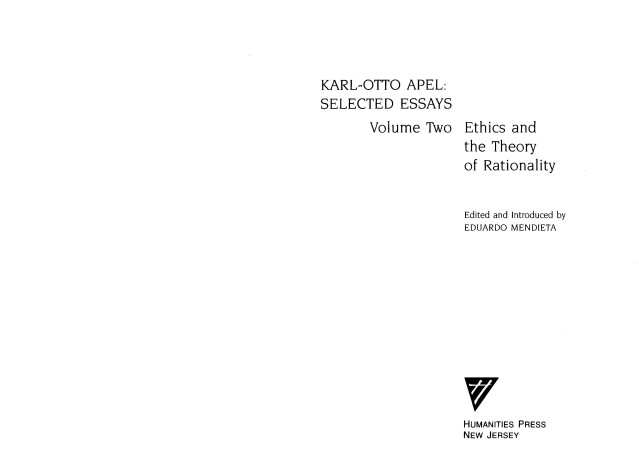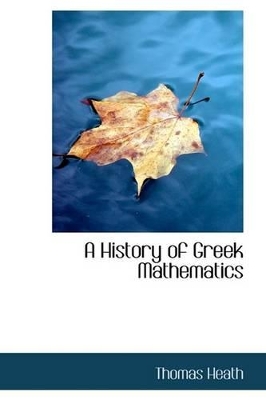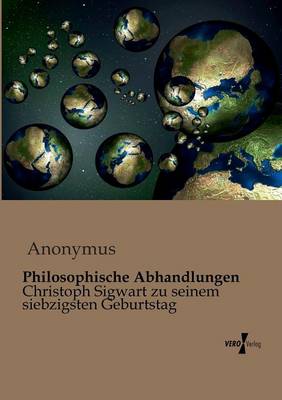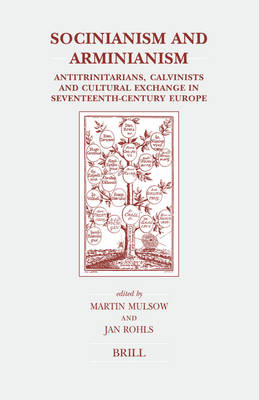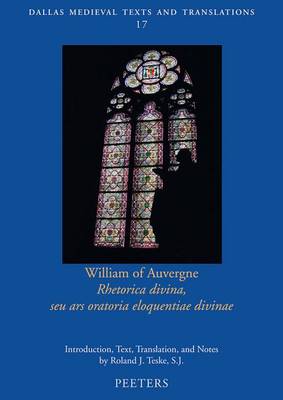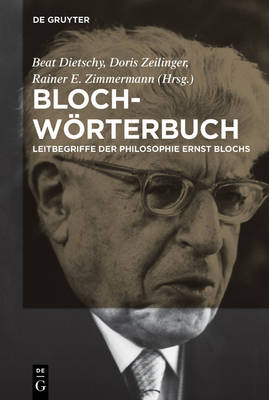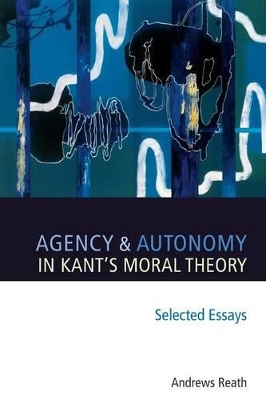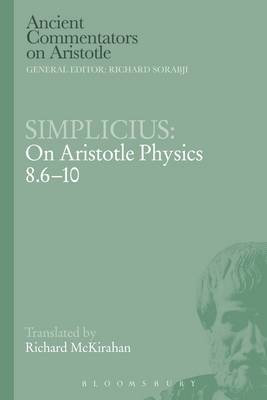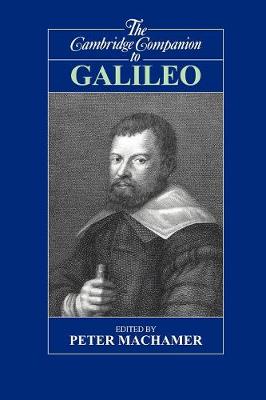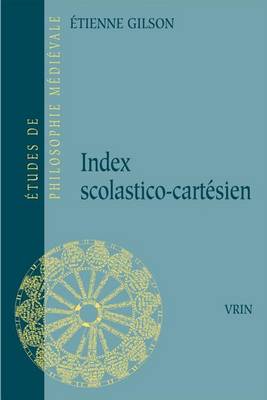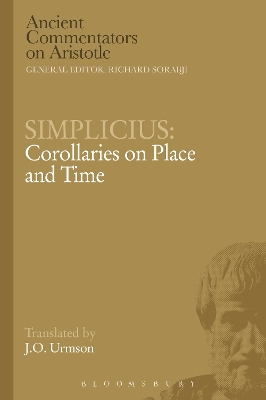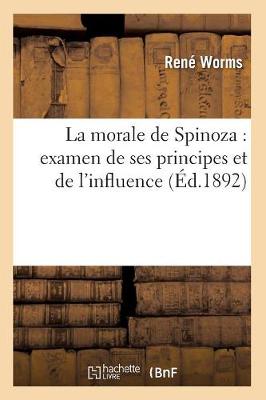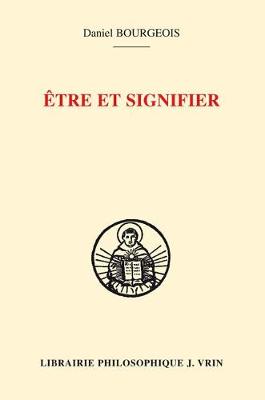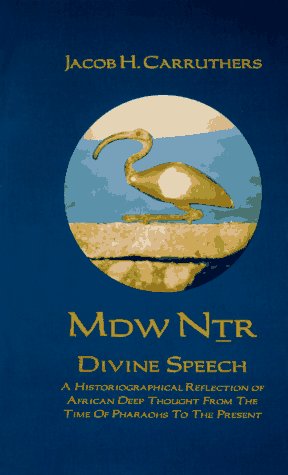Love in the Void (Plough Spiritual Guides: Backpack Classics)
by Simone Weil
Simone Weil, the great mystic and philosopher for our age, shows where anyone can find God. Why is it that Simone Weil, with her short, troubled life and confounding insights into faith and doubt, continues to speak to today's spiritual seekers? Was it her social radicalism, which led her to renounce privilege? Her ambivalence toward institutional religion? Her combination of philosophical rigor with the ardor of a mystic? Albert Camus called Simone Weil "the only great spirit of our time." A...
Penser l'Etre de l'Action. La Metaphysique Du 'dernier' Blondel (Collection "Centre D'Archives Maurice Blondel", #6)
by E. Tourpe
Realistic Rationalism (Representation and Mind ) (Representation and Mind (Hardcover))
by Professor of Philosophy Jerrold J Katz
Socinianism and Arminianism (Brill's Studies in Intellectual History, #134)
Socinianism has often been studied in national contexts and apart from other currents like Arminianism. This volume is especially interested in the "in-betweens": the relationship of Anti-trinitarianism to "liberal" currents in reformed Protestantism, namely Dutch Remonstrants, English Latitudinarians and some French Huguenots. This in-between also has a local aspect: the volume studies the transformations that Anti-trinitarianism experienced in the complicated transition from its origins in Ita...
This volume contains Professor Roland Teske’s translation of William of Auvergne’s Divine Rhetoric along with the Latin text, introduction, and notes. The Latin text improves on that of the 1674 printed edition by the use of two early manuscripts of the work. William was a theologian at the University of Paris and bishop of Paris from 1228 until his death in 1249. He is mainly known for his huge Teaching on God in the Mode of Wisdom, in which he made ext...
Scheint die Sache aussichtslos, wird das "Prinzip Hoffnung" beschworen. Dessen Urheber, Ernst Bloch, war allerdings nicht ins Scheitern, sondern ins "Gelingen verliebt": Fur die Philosophie der "konkreten Utopie", die sich strikt vom utopischen Denken im Sinne eines "wishful thinking" abgrenzt, ist die gesellschaftliche Praxis Orientierungspunkt. Die Trias "Solidaritat, Allianztechnik, Heimat" markiert ein Ultimum, das latent im Weltprozess vorscheint, aber der Realisierung durch das menschliche...
Cixous, Irigaray, Kristeva (European Writers S.) (European Writers)
by Kelly Ives
Andrews Reath presents a selection of his best essays on various features of Kant's moral psychology and moral theory, with particular emphasis on his conception of rational agency and his conception of autonomy. The opening essays explore different elements of Kant's views about motivation, including his account of respect for morality as the distinctive moral motive and his view of the principle of happiness as a representation of the shared structure of non-moral choice. These essays stress...
Simplicius: On Aristotle Physics 8.6-10 (Ancient Commentators on Aristotle)
by Richard D McKirahan
Aristotle's Physics is about the causes of motion and culminates in a proof that God is needed as the ultimate cause of motion. Aristotle argues that things in motion need to be moved by something other than themselves - he rejects Plato's self-movers. On pain of regress, there must be an unmoved mover. If this unmoved mover is to cause motion eternally, it needs infinite power. It cannot, then, be a body, since bodies, being of finite size, cannot house infinite power. The unmoved mover is ther...
Heidegger Und Meister Eckehart (Philosophische Schriften, #22)
by Holger Helting
The Cambridge Companion to Galileo (Cambridge Companions to Philosophy)
Not only a hero of the scientific revolution, but after his conflict with the church, a hero of science, Galileo is today rivalled in the popular imagination only by Newton and Einstein. But what did Galileo actually do, and what are the sources of the popular image we have of him? This 1998 collection of specially-commissioned essays is unparalleled in the depth of its coverage of all facets of Galileo's work. A particular feature of the volume is the treatment of Galileo's relationship with th...
Index Scolastico-Cartesien (Etudes de Philosophie Medievale, #62) (Burt Franklin Bibliography and Reference Series; No.57, #57)
by Etienne Gilson
Simplicius: Corollaries on Place and Time (Ancient Commentators on Aristotle)
by Professor J.O. Urmson
